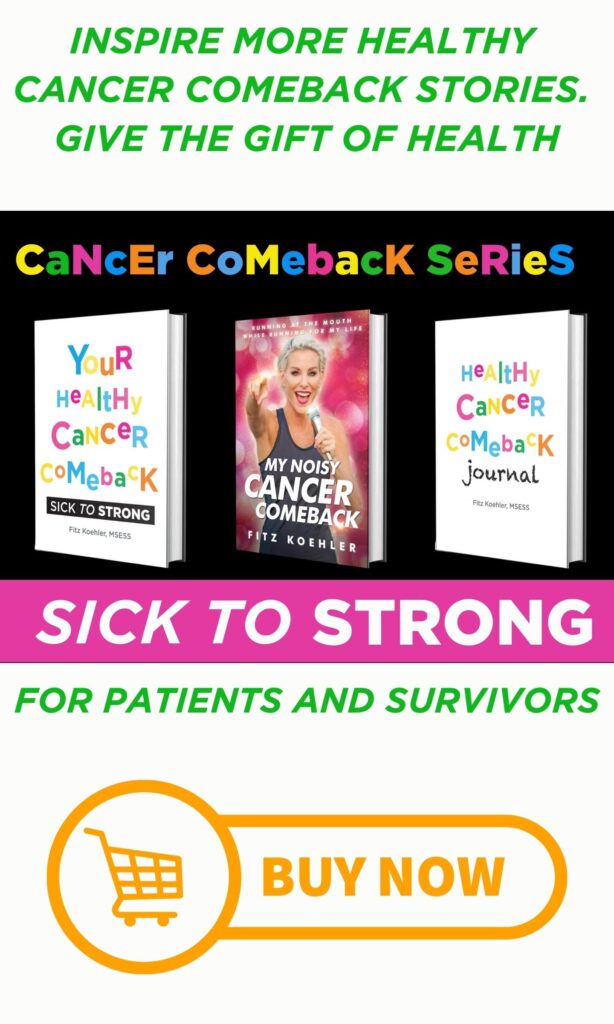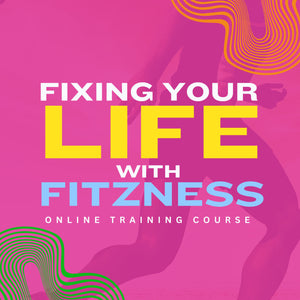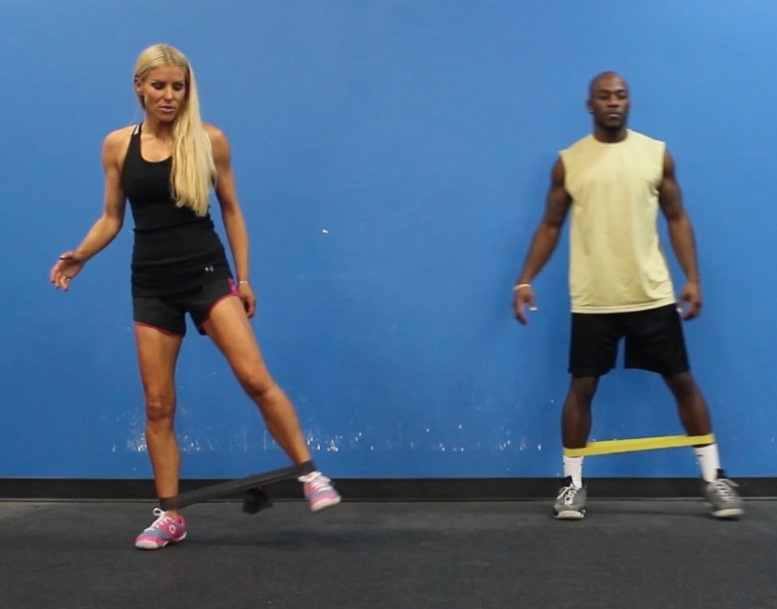Injury has a way of stopping life mid-sentence. One day, you’re walking, lifting, moving freely—the next, you’re not. Suddenly, everything takes effort. The body demands rest, the calendar fills with appointments, and the mind? Well, the mind scrambles to keep up. Healing isn’t just about bandages and ice packs. It’s also about coming to terms with the fact that things have changed, at least for a while.
Via Pexels
The Mind-Body Connection In Recovery
Nobody really talks about the mental fog that sneaks in after an injury. The quiet frustration. That weird mix of restlessness and exhaustion. You’re told to rest, but your brain is busy doing somersaults of worry—“Will I get back to where I was? What if I don’t?” It’s a strange kind of grief, mourning a version of yourself that felt strong and mobile. And while your body works to heal tendons or tissue, your mind needs its care.
Healing doesn’t mean forcing positivity. Sometimes, it means sitting with the discomfort, feeling the fear, and deciding to keep going anyway. Some people find peace in journaling. Others need to cry in the shower or laugh at bad TV for hours. Whatever gets you through. The point is that there’s no right way to feel, but ignoring your emotional health will slow everything down. You’re allowed to be frustrated. Just don’t get stuck there.
Restoring Confidence After Injury
The physical pain might go first. Then comes the doubt. You walk a little slower. Lift a little lighter. Suddenly, you’re unsure if your body still has your back. Confidence doesn’t bounce back automatically. It has to be rebuilt, one shaky step at a time.
This part is tricky because it’s invisible. No one sees the internal negotiations—the pep talks you give yourself before doing something as small as climbing stairs. You start to second-guess movements that used to be automatic. Trust gets broken between you and your limbs. But with time and the proper guidance, that trust returns. Maybe not all at once, but in whispers. Tiny victories. You bend, stretch, run—and your body says, See? We can still do this.
The Financial And Social Impact Of Injury
Then there’s the stuff people don’t mention—the bills. Recovery can be expensive, even with good insurance. And the financial stress doesn’t just sit on paper. It clings to your chest. It wakes you up at night. It makes you wonder how long you can afford to be hurt. For anyone navigating that storm, this article on medical debt, which contains helpful information from Alex Kleyner, is a valuable read. Because when the body is hurting, the last thing you need is for your bank account to be bleeding too.
Injuries can also be isolating. Plans get canceled. Invitations stop coming. You go from being out and about to watching the world from your couch. And that loneliness? It gets heavy. The best medicine isn’t always a prescription—sometimes it’s someone sitting next to you saying, “I know this sucks, but I’m here.”
Healing Means Becoming Whole Again
True recovery is messy. It’s not a straight line or a set timeline. It’s not about bouncing back to your old self; it’s about slowly finding a new version of you, one who’s a little softer, a little wiser, maybe even a little stronger.
Give yourself credit. You’re doing more than just healing bones or muscles. You’re healing trust, rebuilding life. That takes grit. That takes heart. And if you’re still in it—still trying—you’re already doing better than you think.






